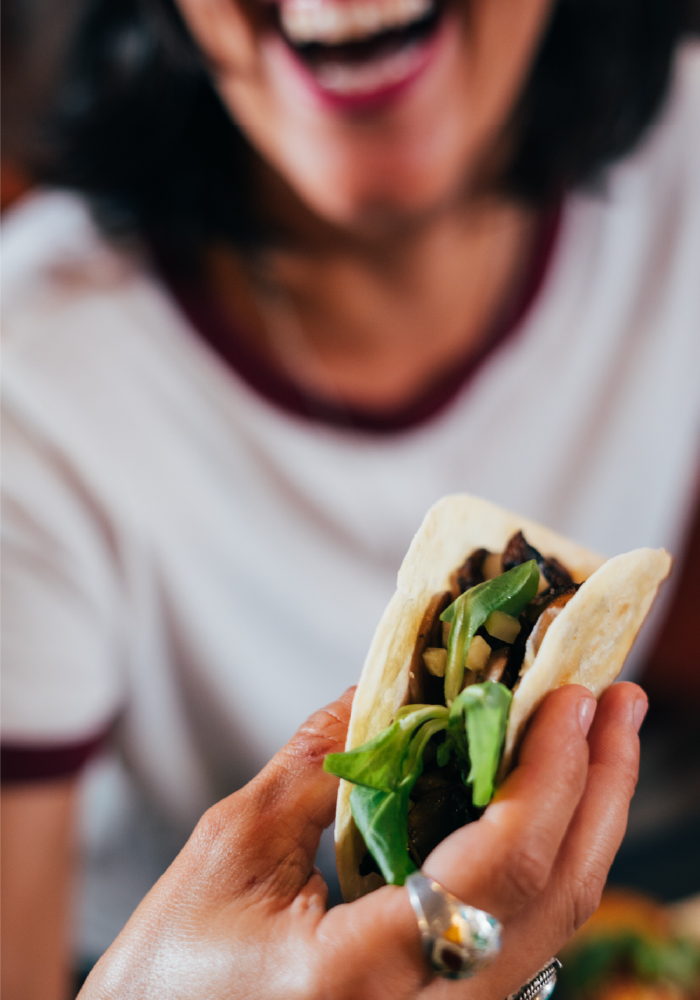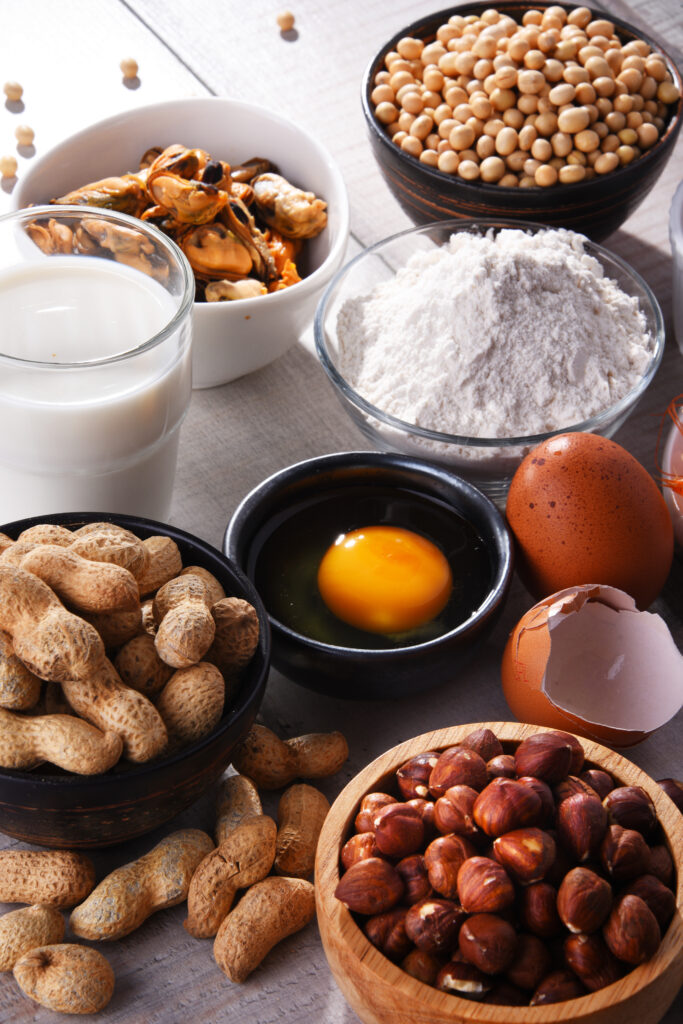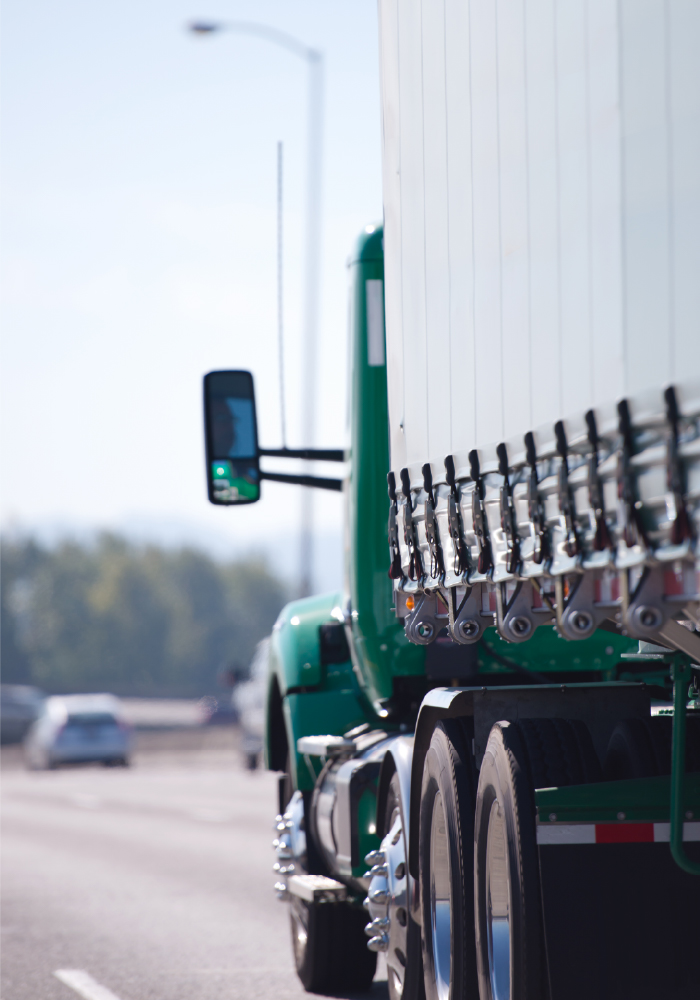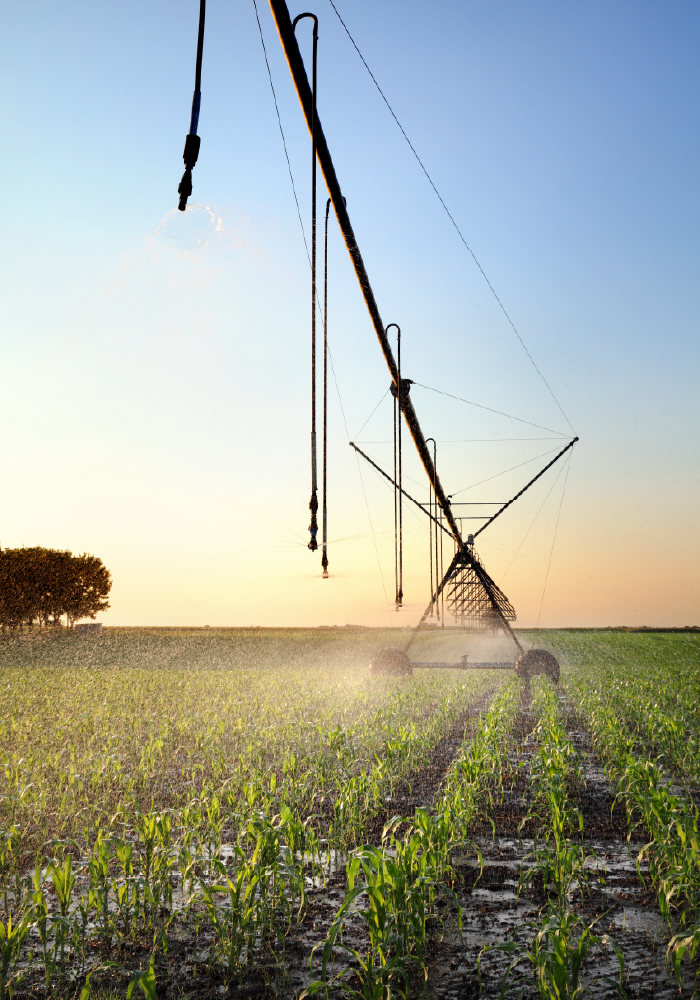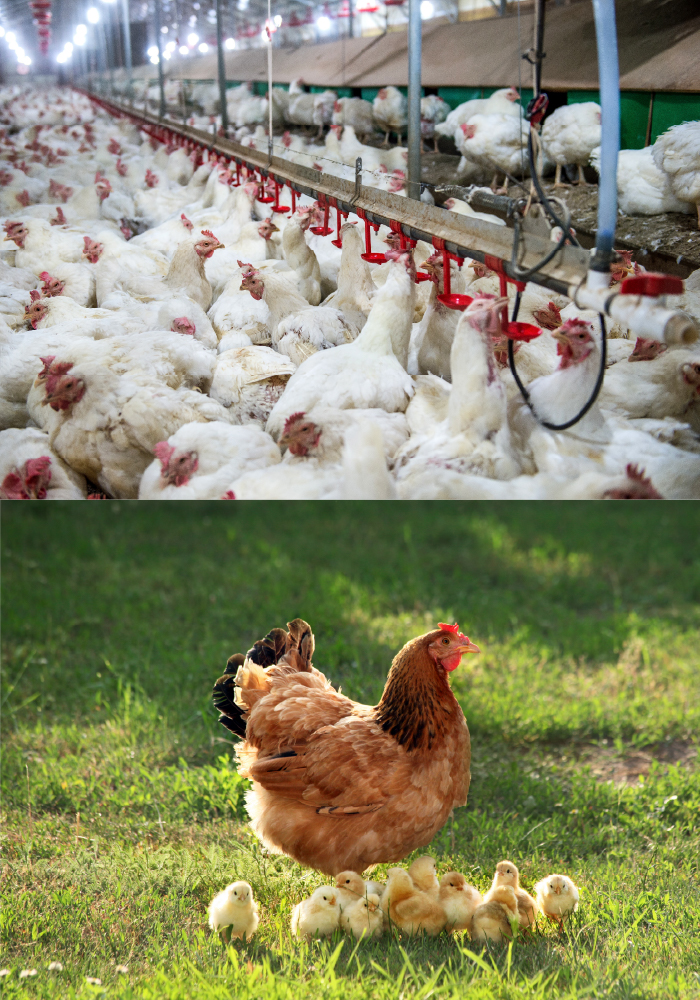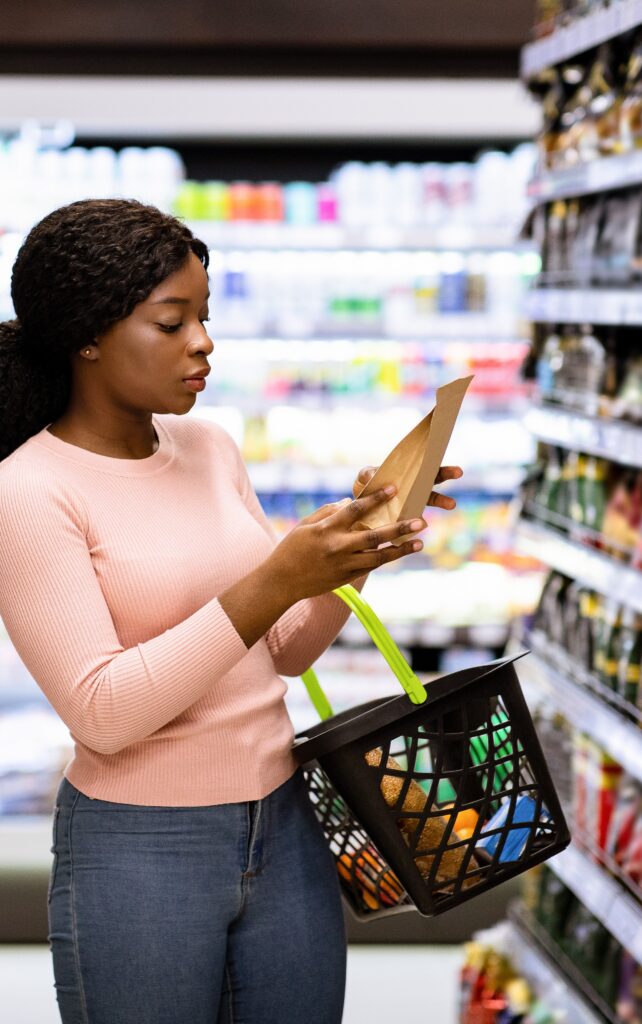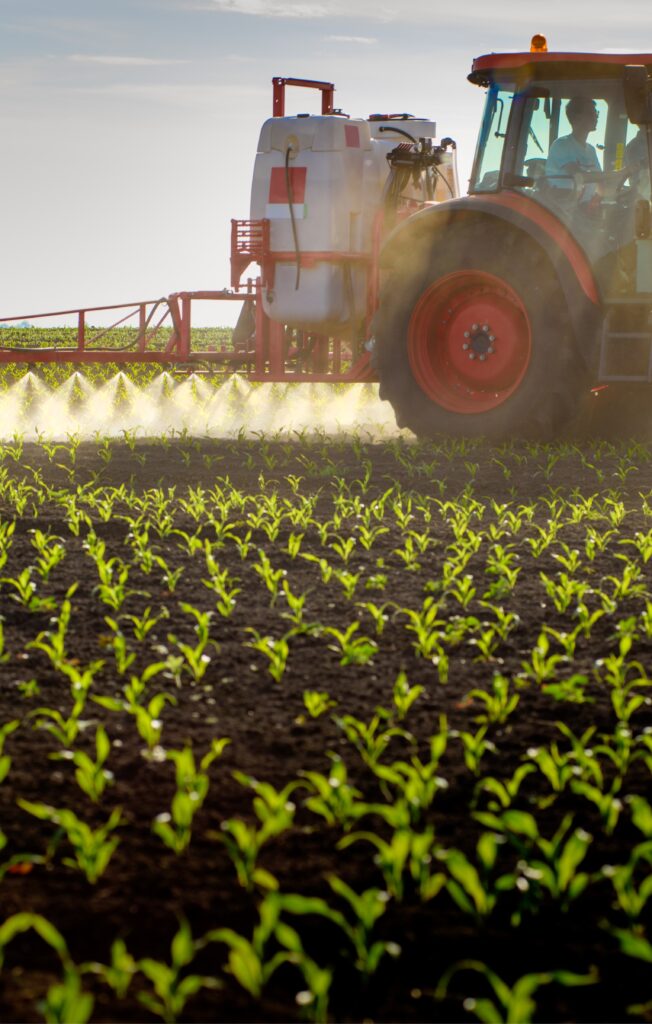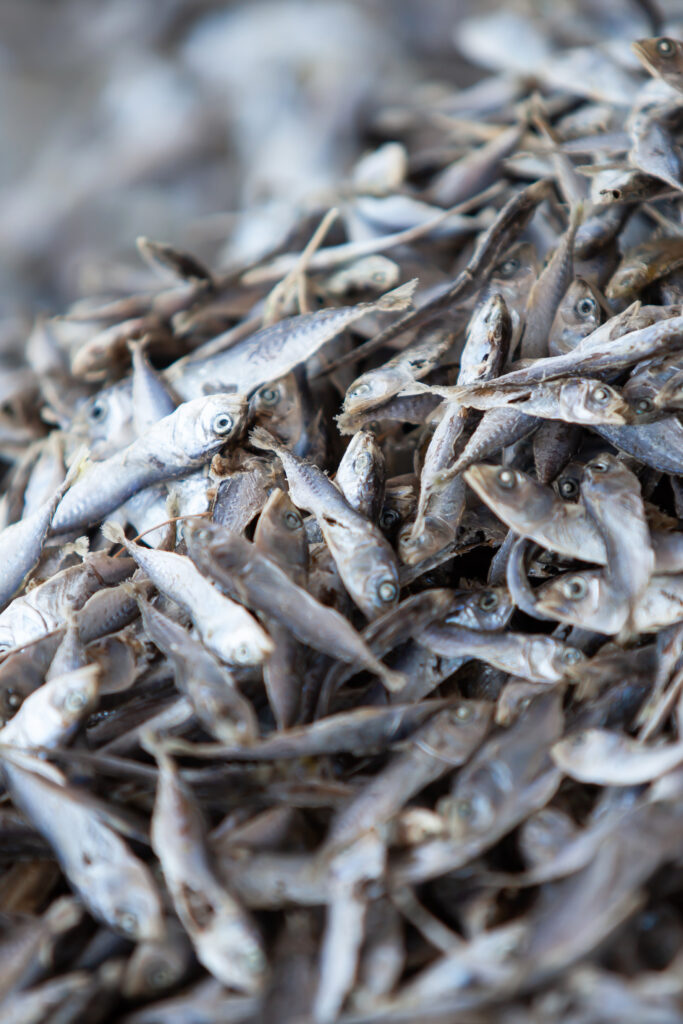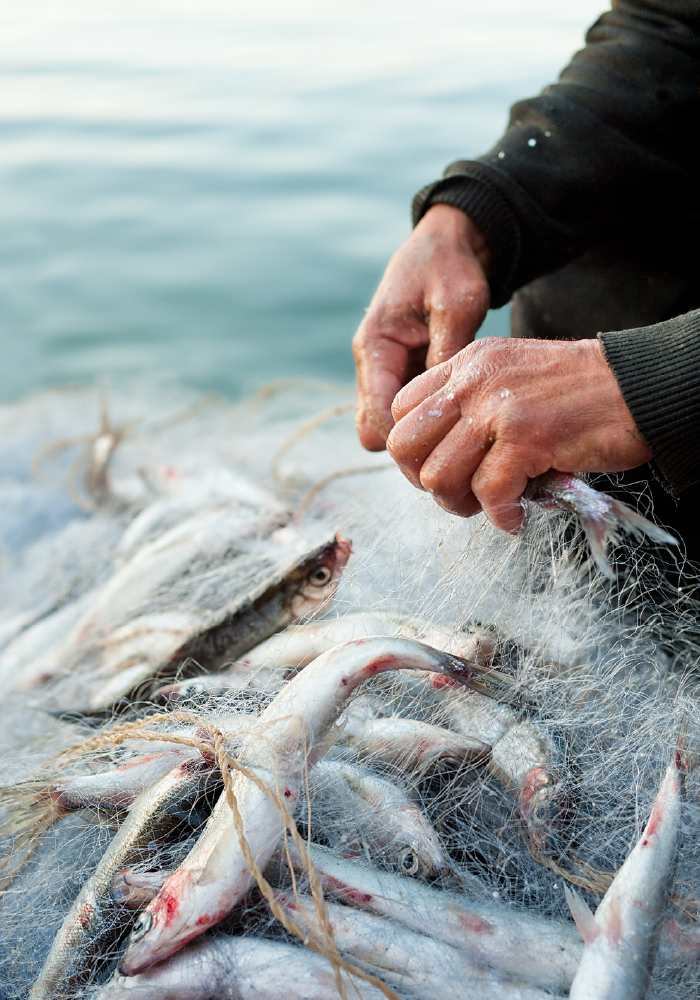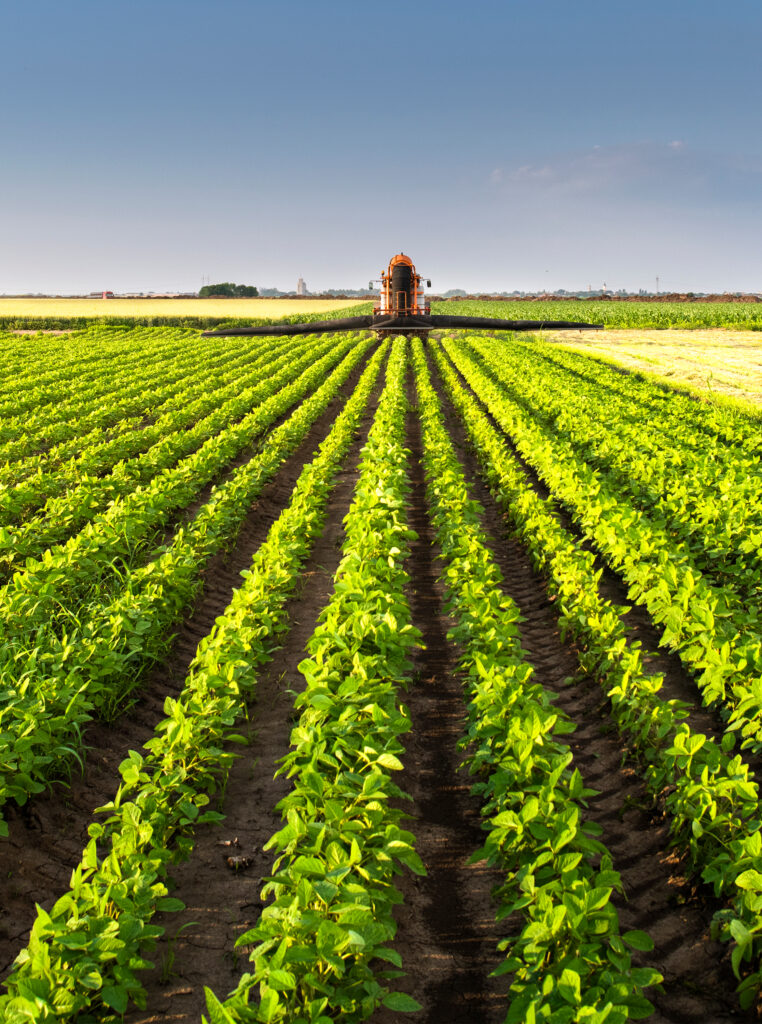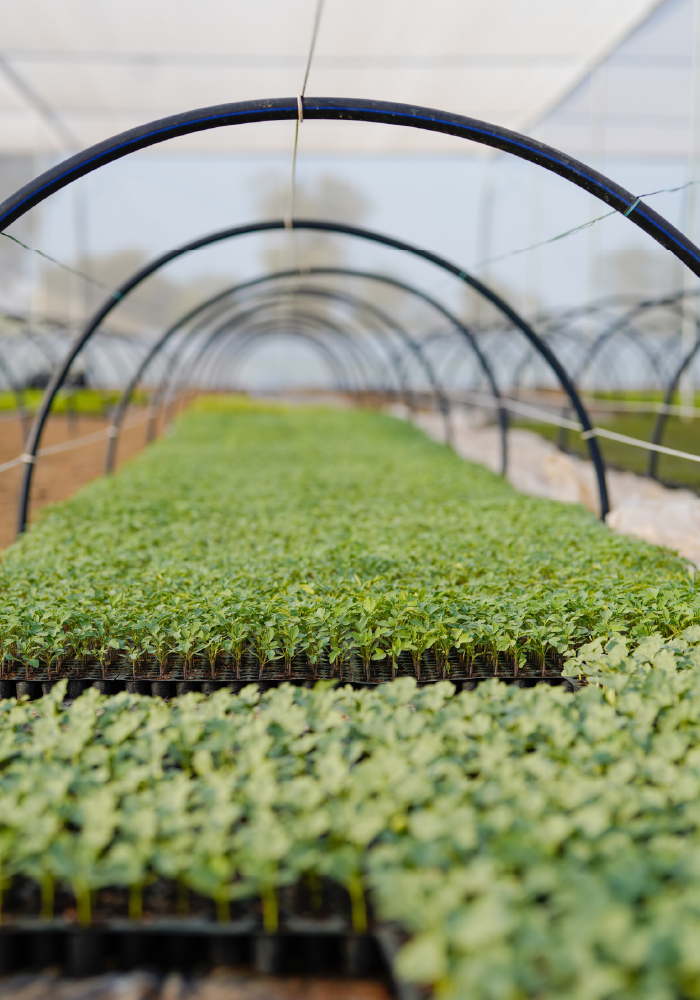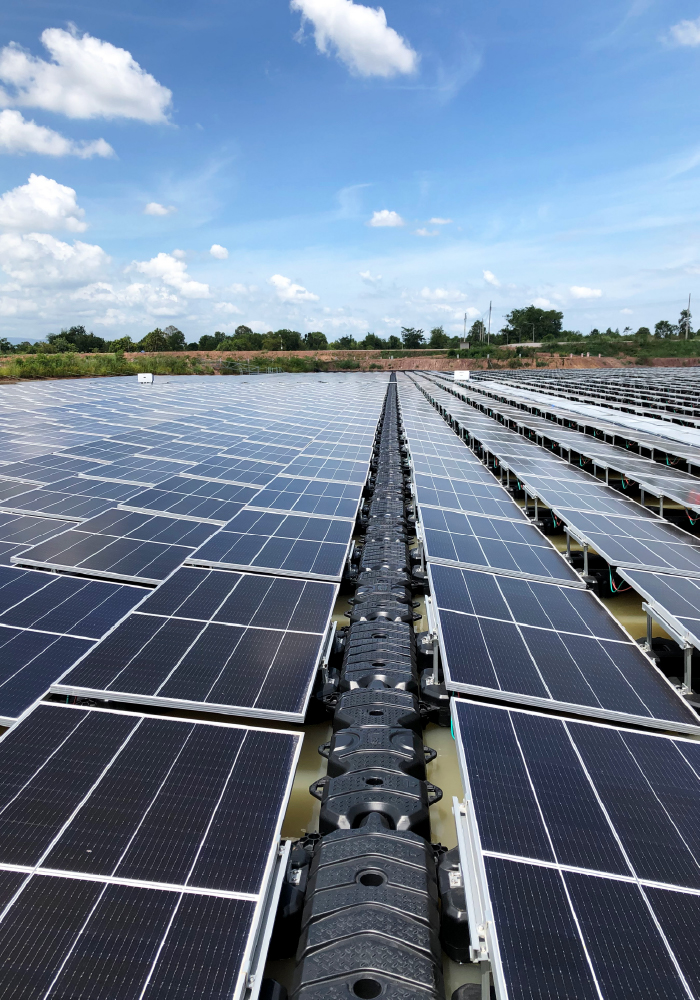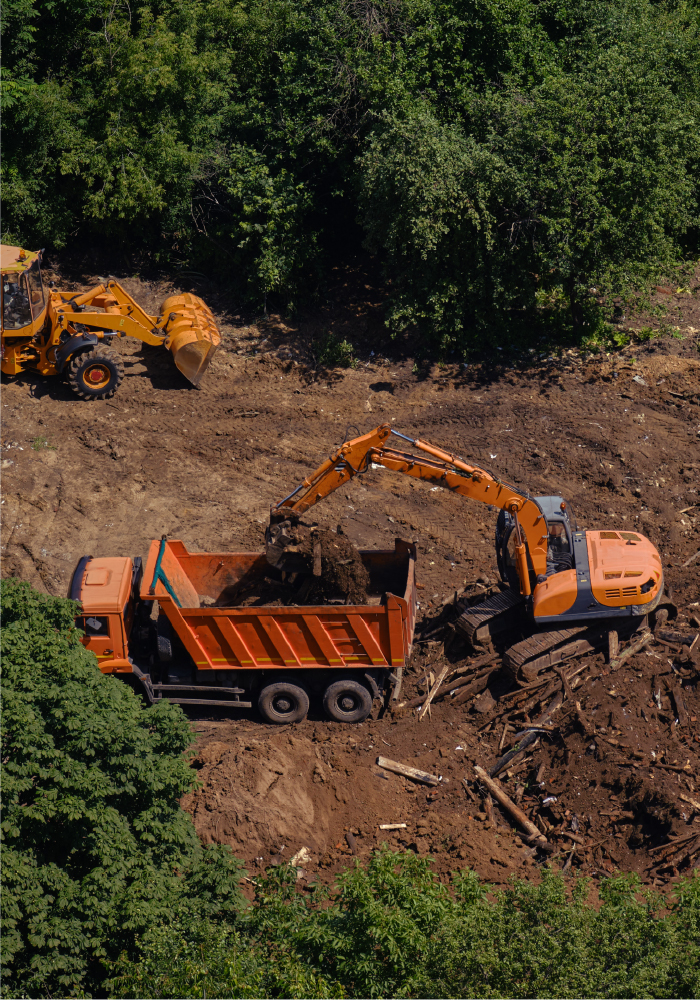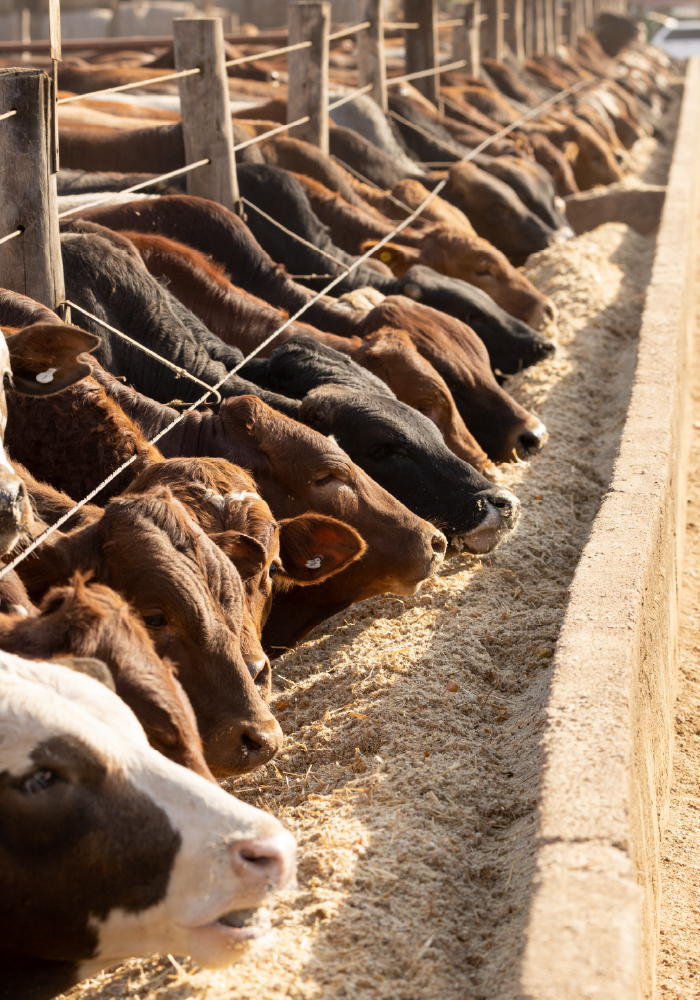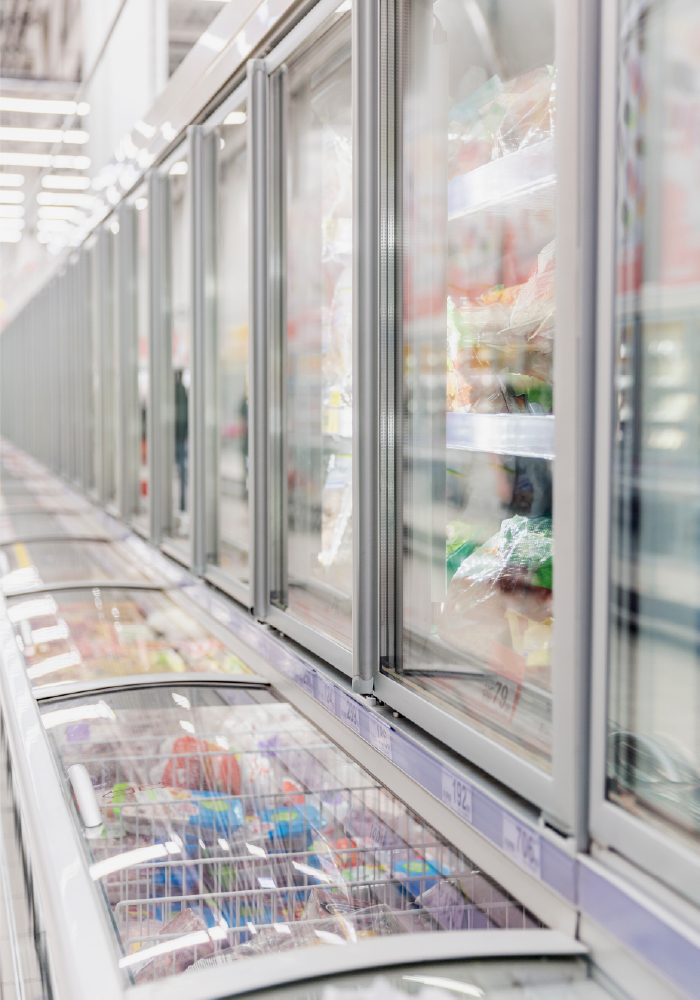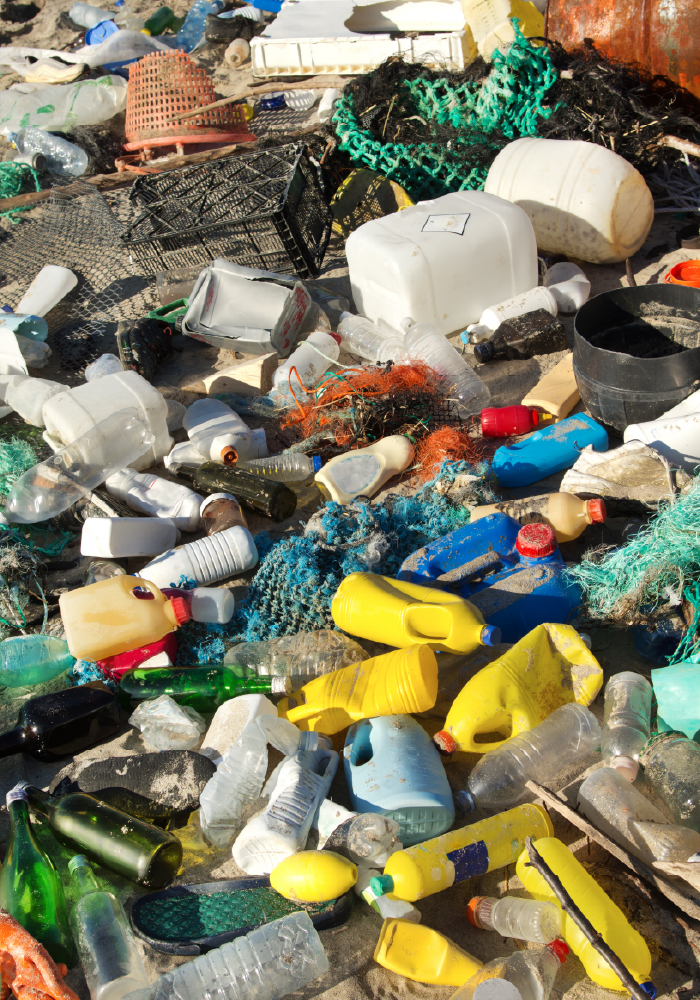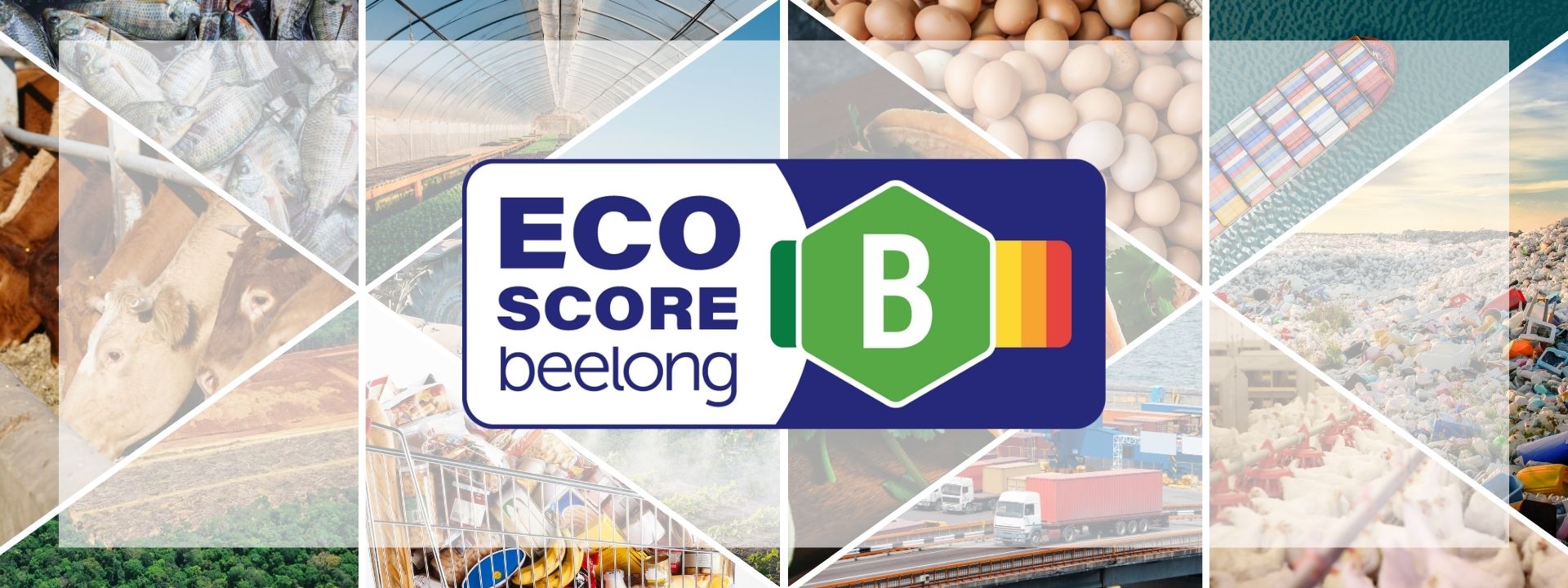
- Back to blog
- 27 August 2024
- Latest news
- Data
- Products
The ECO-SCORE® method is updated to provide ever more accurate information on the environmental impact of food.
Sustainable food being a top concern of consumers, catering professionals and public policy, Beelong is more committed than ever to promoting transparency in the food market and communicating the impact of food on the planet. This is why the ‘ECO-SCORE® by Beelong’ calculation method is constantly evolving, in line with advances in scientific research and available databases, as well as access to data from the field. Every two years, an update is published to ensure that the most accurate data possible is always used and to reflect the current state of knowledge on sustainable food (the full list of criteria is available here).
Version v.8 is the most recent, dating from September 2024. It includes the following improvements:
- CO2 eq., pollution de l’eau douce et marine, utilisation du sol :
- Revision of certain datasets and updates where necessary, in particular for game meat, mutton meat, sheep's milk, capers, bottled mineral water. Based on the latest versions of the World Food LCA Database (Quantis) v 3.5, Ecoinvent v 3.8, Agribalyse v 3.0.
- Integration of greater granularity for farmed fish, depending on the production method, type of feed, type of energy used and inputs, particularly for pangasius, salmon (in sea net cages and recirculated tanks) and sea bass (in sea net cages).
- Endangered fish species or fish from critical farms:
- Revision of the assessment based on changes in the assessment of fish stocks according to the WWF 2024 score.
- Composition of processed products containing meat:
- Revision and updating of ‘standard recipes’ in the absence of a detailed declaration concerning the types and class of cuts (meat), in particular for charcuterie products.
- Growing methods for fruit and vegetables:
- Revision of default assumptions for fruit and vegetables grown in heated glasshouses, in the absence of information from the brand or supplier.
- Mode of transport:
- Revision of assumptions where the mode of transport is unknown, based on new market information.
- Kilo calories (kcal) of ingredients
- Revision and/or correction of kcal values for certain ingredients, in particular dairy products and derivatives, butters, fats and vegetable oils, sugar derivatives and food additives.
- Update of ECO-SCORE® visuals
- Following feedback on the ECO-SCORE® visual communication, the design has been updated to differentiate it more clearly from the Nutri-score and place greater emphasis on the ‘ECO’ environmental application. To mark the occasion, an additional version with a QR code is now available, providing more details on the environmental assessment of the product.
- Agricultural labels:
- Révision du cahier des charges de certains labels et mise-à-jour, notamment le label IP-Suisse ainsi que les labels suisses soumis à l’entrée en vigueur de la nouvelle réglementation concernant l’épandage de lisier dès 2024.
To ensure that all the products assessed by Beelong remain comparable, this update will be carried out for all our brand and restaurant partners between September and December 2024.
In the event that this update involves a change in ECO-SCORE® result, Beelong will inform the brands concerned.
All ECO-SCORE® results posted online via a URL link provided by Beelong will update automatically.
The next update will take place if necessary at the end of 2026.



